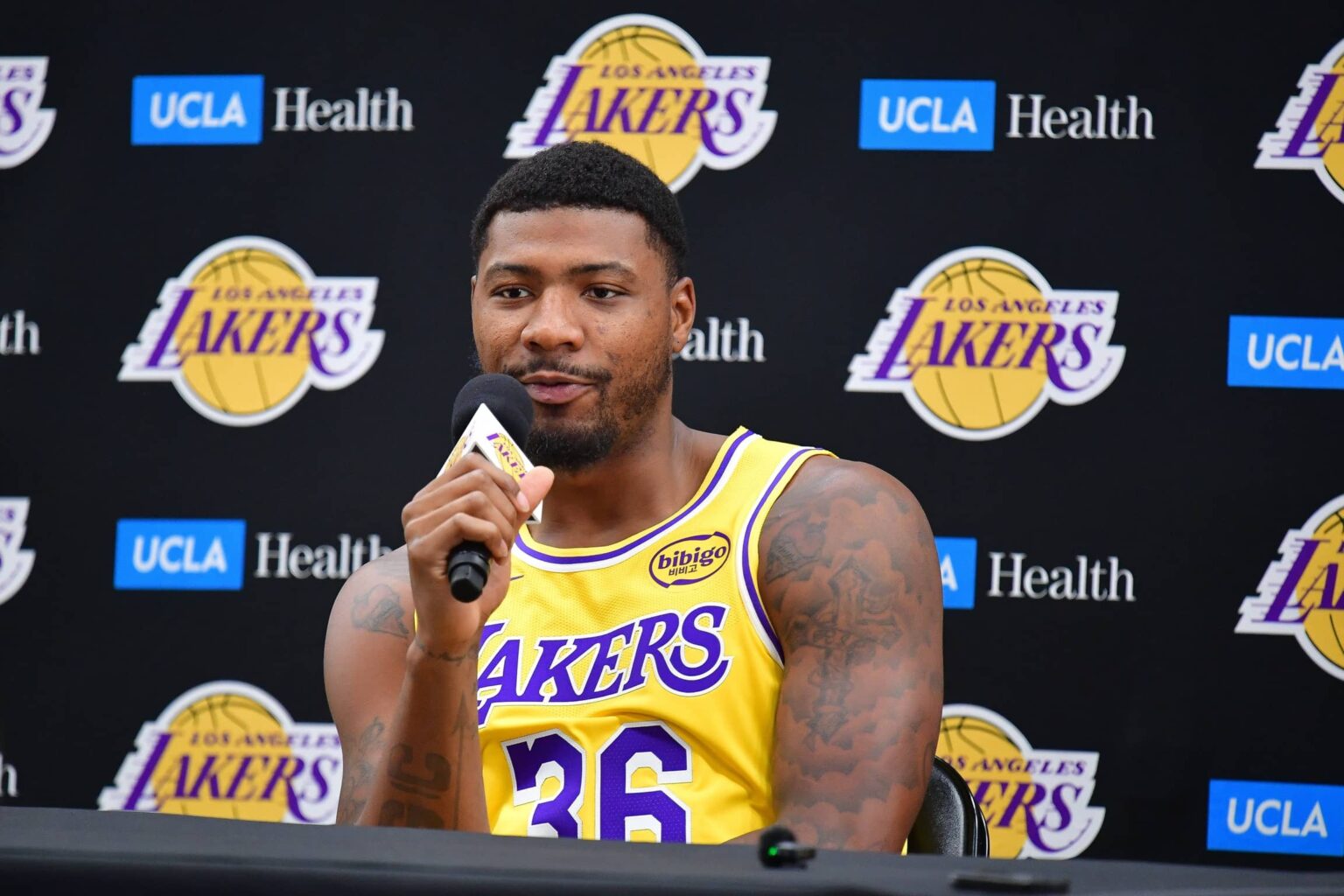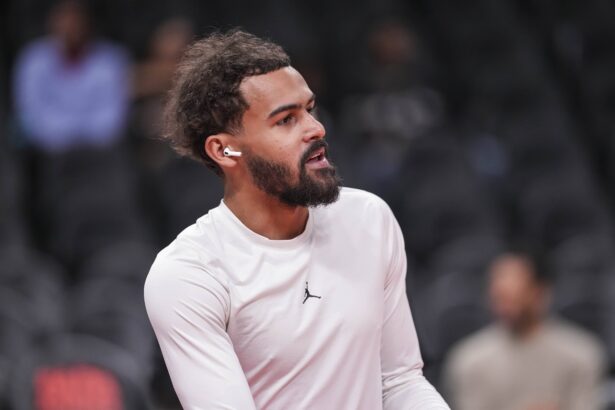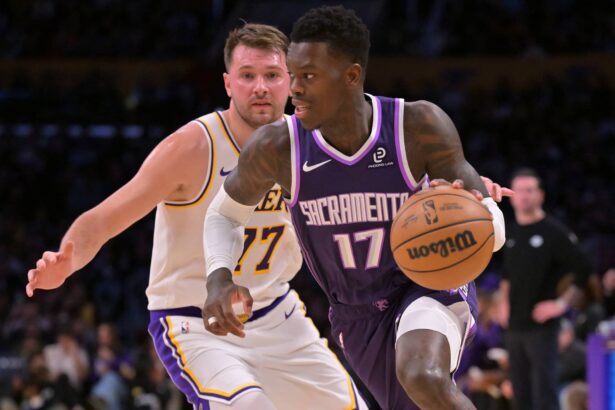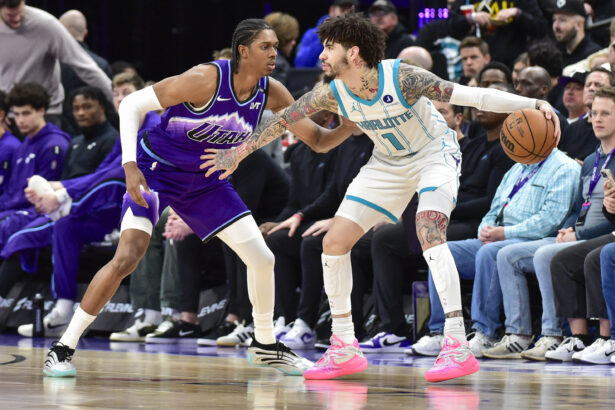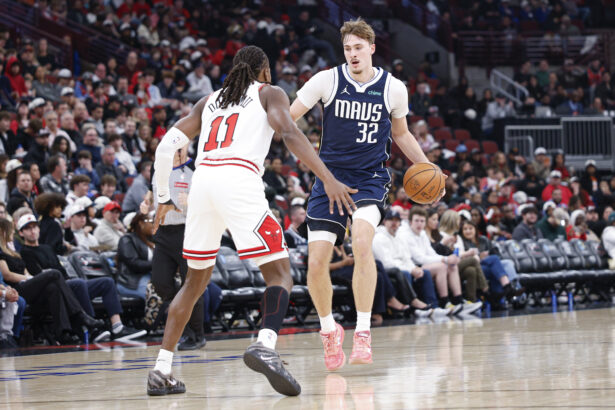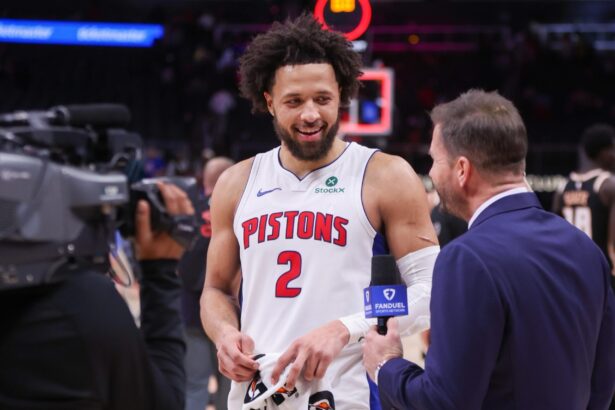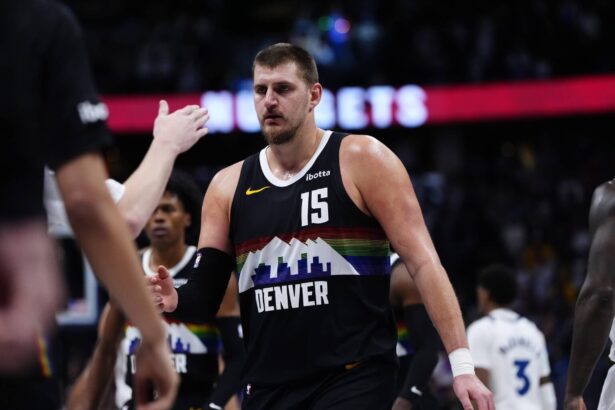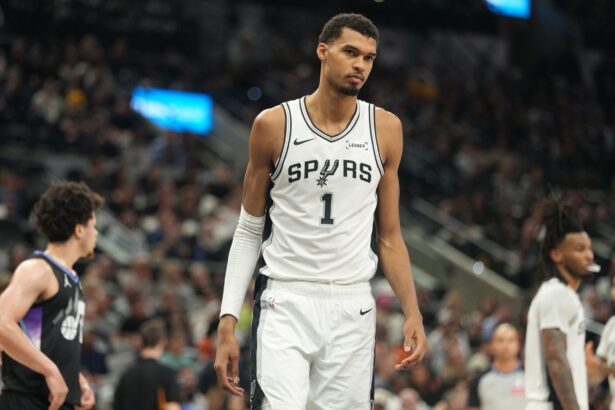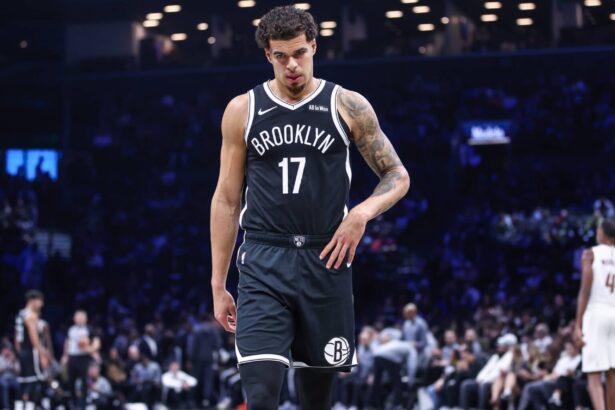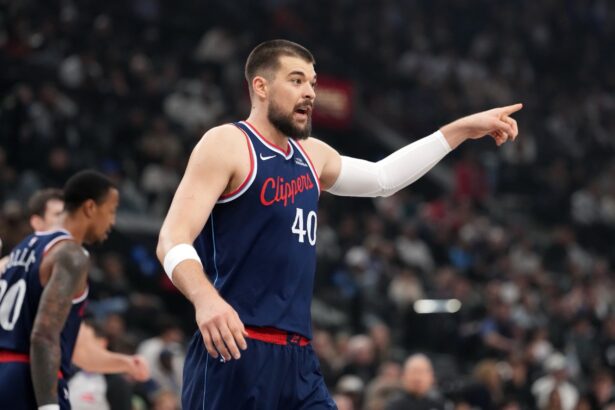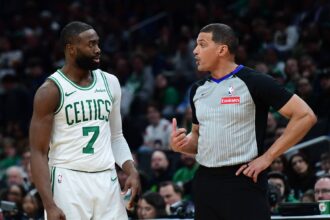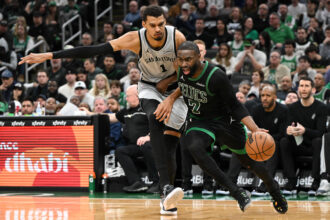Marcus Smart has always been one of the NBA’s most candid voices, and at Lakers media day, he offered an insightful breakdown of the differences between playing in the Eastern and Western Conferences. Having spent nearly a decade in Boston before moving west, Smart has the unique perspective of someone who’s lived through the contrasting basketball cultures on both sides of the league.
“You know, we all know the East, you know, it’s a powerhouse. You know, it’s a grind, we’re going to take you, we’re going to be physical, we’re going to pound, everything.”
“In the West, you come over here and it’s straight running. You better put your track shoes on, you better be ready to go, because these guys are trying to get up and down the court.”
Marcus Smart’s description paints a clear picture: the East is bruising and physical, while the West is fast, dynamic, and fueled by star guards who thrive in transition.
Smart spent nine and a half of his 11 NBA seasons in the East, carving out his reputation as one of the league’s toughest defenders with the Celtics. His words about the East being a “powerhouse” and a “grind” echo the conference’s long-standing reputation for rugged, defensive-minded basketball.
The East is filled with teams that pride themselves on slowing down opponents, grinding out possessions, and relying on collective physicality. Matchups are often defined by half-court execution and physical defense, with Smart highlighting how players are constantly expected to “pound” opponents into submission. It’s the type of environment that rewards toughness, communication, and sacrifice.
On the other hand, Smart is already feeling the shift in style with the Grizzlies.
The West is home to a deep pool of superstar guards: Stephen Curry, Shai Gilgeous-Alexander, Ja Morant, Luka Doncic, and Devin Booker, to name a few. The offensive philosophy in the conference leans toward pace-and-space basketball, where transition opportunities and quick possessions dominate. Athleticism is often prioritized, and games can turn into shootouts, with teams looking to outscore opponents rather than simply grind them down.
Smart’s perspective highlights the distinct challenges of each conference. In the East, a player’s body gets tested nightly by the constant physicality, while in the West, conditioning and foot speed become just as important.
For Marcus Smart himself, who averaged 9.0 points, 3.2 assists, and 2.1 rebounds last season while shooting 39.3% from the field and 34.8% from three, the adjustment is as much mental as physical. His defensive skill set fits both styles, but the demands in the West mean he’ll need to rely even more on his versatility and endurance.
Marcus Smart’s comments draw a line between two basketball identities: the East as a war of attrition and the West as a sprint. Both demand excellence, but in very different ways. As he embarks on his first full season with the Lakers, Smart seems ready to lace up those “track shoes” and prove that his defensive grit can adapt to any pace.

